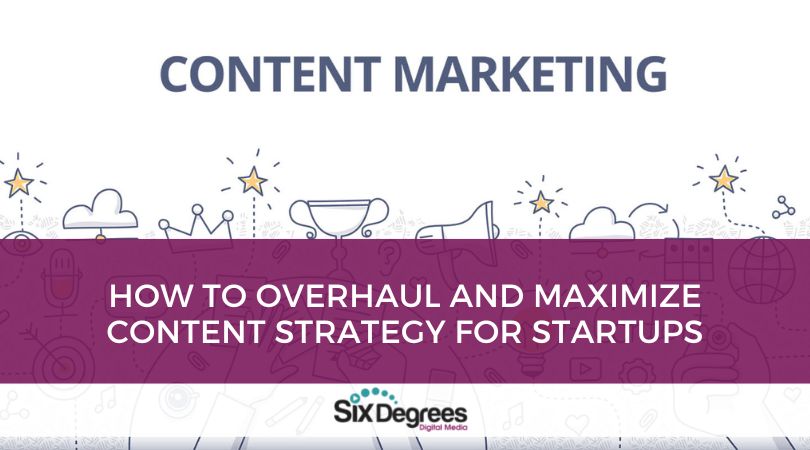
People love a good story. Consider that the most dominant forms of entertainment today, including television, movies, books, and even video games, are either pure storytelling or involve elements of the process.
With that in mind, which of these marketing paragraphs is more appealing to you?
“The 2019 Toyota Corolla has a very capable engine that generates plenty of power to get you where you want to go. It will last a long time and is covered by a generous warranty so that you don’t have to worry about expensive repairs.”
or
“The open road is where the 2019 Corolla belongs. It’s the freedom to explore without worry. To push just a little bit farther and see where it takes you. With its best-in-class engine and generous warranty, you’ll have the power to go where the wind blows you and make it back home in time for dinner.”
Unless you’re an android you’re almost certain to choose number two. Why? The first certainly spells out the benefits of a Corolla. But it has no emotional hook. There’s nothing that makes it feel relevant. It gives the reader nothing to look forward to.
The second has all of that in spades. It lists the car’s benefits, but it fits them into a context that’s exciting. It takes simple features and spins them into a narrative that tells readers why those features are something they should want. It creates an idealized character and lets the reader imagine themselves in that role.
The second paragraph is more powerful because it involves storytelling. Storytelling is the special sauce that will make your marketing more compelling, and it should be included in every message you create.
The Benefits of Storytelling
People use stories to entertain each other, share experiences, build relationships, and commiserate in times of trouble. Storytelling is essential for effective human communication.
When used in marketing, storytelling helps brands take vague features and make them relatable. It humanizes and contextualizes facts and figures. It helps people identify with brands and products. It gives them that moment where they think, “Yes! That’s me! I’ve had that experience, too!”
Marketers can write stories that cast their brand as the hero, set in a grand struggle against whatever problem the product or service solves. They can be the protagonist that rises to the top amid lesser competition.
Stories create a background narrative for a brand. It isn’t enough to tell people that your fried chicken is the best, or that it tastes better than the competition. You need to give them the reasons why they should believe you.
So, you paint a picture. You tell them that you use a secret family recipe that’s been passed down for generations. You introduce them to great-grandpa Huckabee, who made chicken the way it’s supposed to be made. Instead of just saying, “Our chicken tastes great”, you tell people the story of why it tastes great. Adding a storytelling component makes your marketing claims far more compelling.
Humans are storytellers. It’s an intrinsic part of our psyche. If you aren’t including storytelling in your marketing efforts, you might as well be communicating with finches or gerbils, and while this is a large market, its purchasing power is limited.
If you want your marketing to truly resonate with people, it needs to include effective storytelling. We can help. Contact us today and let us show you how great storytelling can dramatically enhance your marketing efforts.
But if you want to market to gerbils, you do you. No judgment here.




